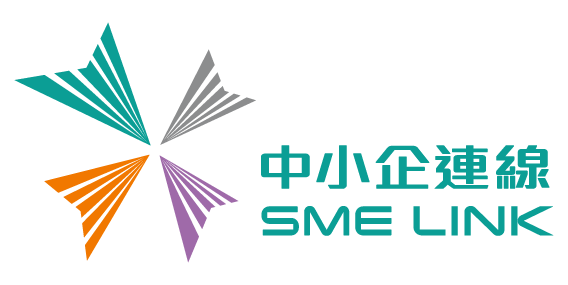Introduction – What is decarbonisation and carbon pricing and why may these concern my business?
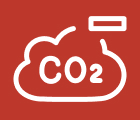
Global warming, as a result of the human activities-induced increases in greenhouse gases, has brought about more extreme weather events and caused climate change affecting regions around the world. Carbon dioxide is the most dominant greenhouse gas. Efforts in reducing carbon or switching to low to zero-carbon energy sources (including renewable energy and nuclear energy) in order to combat global warming are often referred to as "decarbonisation" or "carbon reduction".
Increasing trend of decarbonisation and consumers’ growing awareness towards a green and low-carbon lifestyle have created huge challenges and business opportunities around the world, and brought changes to the global trade landscape and supply chains. Carbon markets are expected to grow significantly as Chinese Mainland and other key overseas markets pursue the transition to low-carbon economies. Leveraging Hong Kong's strengths as international financial, shipping and trading centres, Hong Kong's enterprises, including SMEs, are in a good position to capture these enormous business opportunities and explore new markets.
"Carbon pricing" is a policy tool where a price is placed on carbon dioxide or equivalent greenhouse gas emissions, so as to financially incentivise firms and individuals to reduce greenhouse gas emissions. In the public sector, the most commonly adopted carbon pricing tools are "carbon taxes" levied on carbon-based fuels, and "emission trading systems (ETS)" which set the emission price and caps based on market mechanism. In order to address the issue of companies transferring production to regions with laxer emission constraints, cross-border approaches, such as the European Union's Carbon Border Adjustment Mechanism (CBAM), are emerging. The US and the UK are also considering similar approaches.
The proliferation of carbon pricing policies implemented/ planned by other economies will have cost implications and impose additional compliance burden on Hong Kong businesses, in particular manufacturers and exporters, and therefore necessitate them to adjust their operations.
As a global citizen, Hong Kong is committed to combating climate change. In October 2021, the Hong Kong Special Administrative Region Government (the Government) announced the Hong Kong's Climate Action Plan 2050 which outlined the four major decarbonisation strategies, namely "net-zero electricity generation", "energy saving and green buildings", "green transport" and "waste reduction".
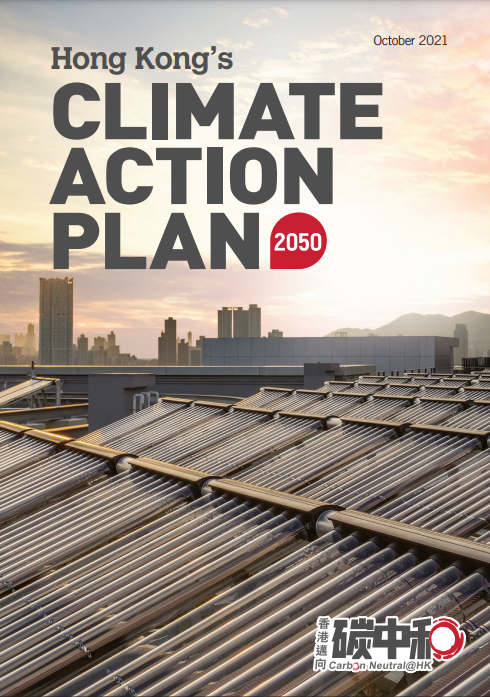
Development of green industries is a major international trend and key to addressing global climate change. During the third annual session of the 14th National People's Congress (NPC) in March 2025, Hong Kong deputies to the NPC jointly proposed promoting Hong Kong to become a carbon trading center.
Core Climate launched by the Hong Kong Exchanges and Clearing Limited (HKEX) is the world's only carbon market to offer Hong Kong dollar and Renminbi settlement for trading of international voluntary carbon credits. The HKEX is implementing in phases the new climate-related disclosure requirements for listed companies under its environmental, social and governance framework with effect from January 2025.
The Hong Kong Monetary Authority launched the Sustainable Finance Action Agenda (Action Agenda) in October 2024, setting out its vision to further consolidate Hong Kong's position as the sustainable finance hub in the region and support the sustainable development of Asia and beyond. The Action Agenda includes goals in four areas: (i) banking for net zero, (ii) investing in a sustainable future, (iii) financing net zero, and (iv) making sustainability more inclusive.
The Government launched the Roadmap on Sustainability Disclosure in Hong Kong in December 2024 to provide a well-defined pathway for large publicly accountable entities to adopt the International Financial Reporting Standards – Sustainability Disclosure Standards no later than 2028. This will make Hong Kong one of the first jurisdictions to align its local requirements with the Standards.
The Pilot Green and Sustainable Finance Capacity Building Support Scheme administered by the Centre for Green and Sustainable Finance will be extended to 2028 to continuously support local green-finance talent training.
The Hong Kong Science and Technology Parks Corporation (HKSTPC) will develop the InnoCentre in Kowloon Tong into a leading green technology hub – "GreenTech Hub", bringing together more than 200 green technology companies. The HKSTPC will invite financial and business institutions, universities, institutions supporting business, etc. to become partners of the admitted companies and provide support such as talent training, testing and application scenarios, and business matching.
The Marine Department provides cash incentives to vessels fulfilling international standards on reduced emission requirements. Tax exemption will be provided for green methanol used for bunkering. Meanwhile, the Government will implement the Action Plan on Green Maritime Fuel Bunkering to develop Hong Kong into a green maritime fuel bunkering centre.
To provide support for the decarbonisation of the international and local aviation industry, the Airport Authority Hong Kong is actively implementing measures to promote the application of Sustainable Aviation Fuel at the Hong Kong International Airport.
To promote the development of green and sustainable logistics, the Transport and Logistics Bureau (TLB) announced the Roadmap for ESG (environmental, social and governance) Development for Logistics Industry for local small and medium enterprises (SMEs) in the logistics industry to follow for achieving compliance with international ESG requirements, with an aim to enhance the competitiveness of Hong Kong's logistics industry and hence Hong Kong's position as an international logistics hub.
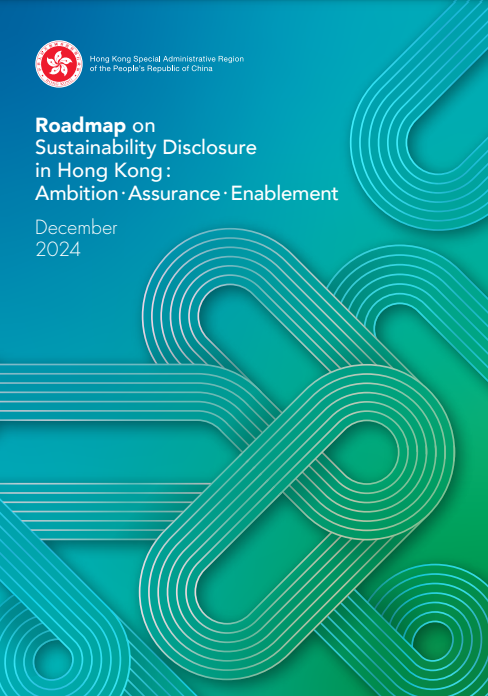
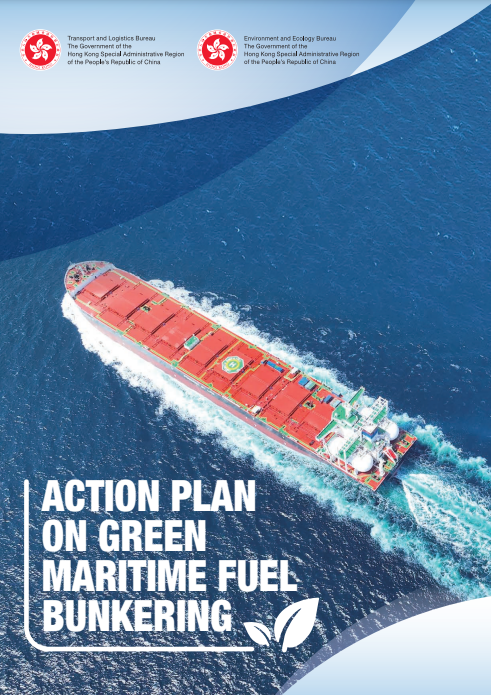
Reference / Related Links
- Electrical and Mechanical Services Department
- Energy Audit and Carbon Audit
- HK EE Net
- HK RE Net
- Mandatory Energy Efficiency Labelling Scheme
- Voluntary Energy Efficiency Labelling Scheme
- Environment and Ecology Bureau
- Carbon Audit
- Carbon Neutrality and Sustainable Development: Carbon Neutral@HK
- Environmental Protection Department
- Environmental Management Tools
- Protection Department on Producer Responsibility Scheme on Glass Beverage Containers
- Producer Responsibility Scheme on Waste Electrical and Electronic Equipment
- Regulation of Disposable Plastic Tableware
- Technical Memorandum
- The 2025-26 Budget (February 2025)
- The Chief Executive's 2023 Policy Address (October 2023)
- The Chief Executive's 2024 Policy Address (October 2024)
- Action Plan on Green Maritime Fuel Bunkering (November 2024)
- Clean Air Plan for Hong Kong 2035 (June 2021)
- Green Transformation Roadmap of Public Buses and Taxis (December 2024)
- Hong Kong's Climate Action Plan 2050 (October 2021)
- Hong Kong Roadmap on Popularisation of Electric Vehicles (March 2021)
- Roadmap for ESG (environmental, social and governance) Development for Logistics Industry (June 2025)
- Roadmap on Sustainability Disclosure in Hong Kong: Ambition – Assurance – Enablement (December 2024)
- Waste Blueprint for Hong Kong 2035 (February 2021)
- Information Note on "Support measures for the industrial sector to cope with challenges arising from carbon pricing in selected places" (April 2023) prepared by the Legislative Council Secretariat
CMA Testing
Construction Industry Council (CIC)
Green and Sustainable Finance Cross-Agency Steering Group
Hong Kong Exchanges and Clearing Limited
Hong Kong General Chamber of Commerce Green360
Hong Kong Green Organisation Certification
Hong Kong Institution of Certified Auditors (HKICA)
Hong Kong Productivity Council
Hong Kong Quality Assurance Agency
Hong Kong Trade Development Council
Sustainable Finance Action Agenda (October 2024) issued by the Hong Kong Monetary Authority
The Growth of Global Carbon Markets and Opportunities for Hong Kong (January 2023) issued by Hong Kong Exchanges and Clearing Limited
China Climate Change Info-Net
Ministry of Ecology and Environment of the People's Republic of China
National Carbon Market Information Network
Global
European Commission
Department for Energy Security & Net Zero of the Government of the United Kingdom
International Organization for Standardization
National Climate Change Secretariat of Singapore
United Nations Framework Convention on Climate Change
World Bank Group State and Trends of Carbon Pricing Dashboard

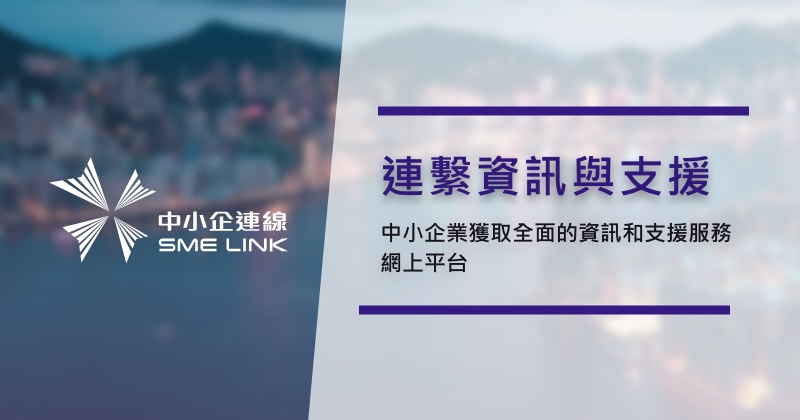
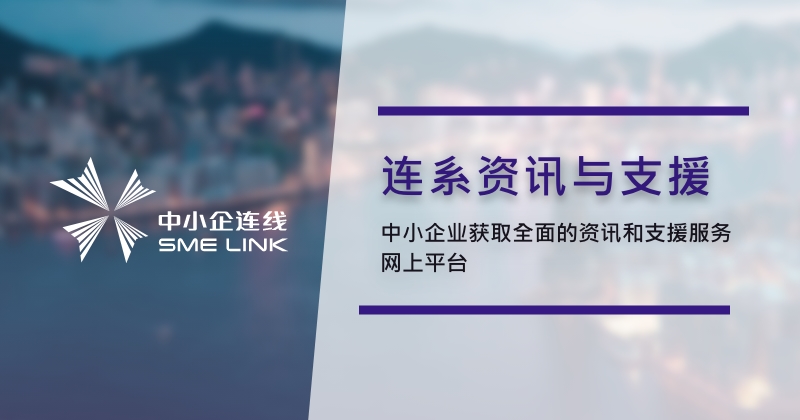 Skip to main content
Skip to main content
